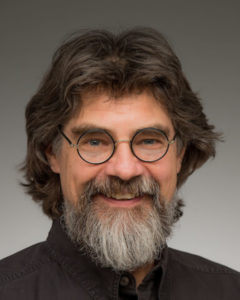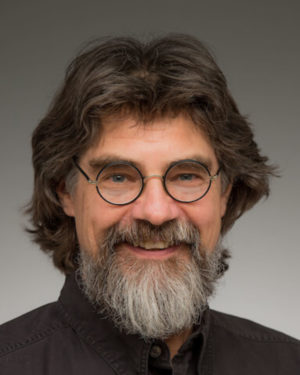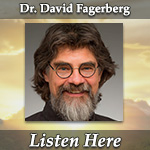Podcast: Play in new window | Download (Duration: 26:58 — 18.6MB) | Embed
Subscribe: Apple Podcasts | Spotify | Amazon Music | Android | Pandora | iHeartRadio | JioSaavn | Podchaser | Gaana | Podcast Index | Email | TuneIn | Deezer | Anghami | RSS | More

Episode 8 – The Life of Mystagogy – Pathway to Sacred Mysteries with Dr. David Fagerberg Ph.D.
Dr. David Fagerberg and Kris McGregor discuss our baptism and the meaning of “mystagogy.”
Here are some of the topics explored in this episode:
– What is it to live the liturgy?
– What occurs at our baptism?
– What is our role true role in the liturgical celebration?
– What is the nature of “mystagogy?”
From the discussion with Dr. Fagerberg:
Liturgy is doing the world the way it was meant to be done, but I can’t do it the way it was meant to be done unless I know what I am supposed to be doing. And unless I know what God wants me to be doing, and unless I know what God intends for the world. So I have to spend some time with the blueprint drawer, with the architect, with the designer. I don’t know how this family should operate, or this marriage should operate, or this justice in society should operate unless they spend some time with the source of love and the source of justice and the source of life. So we go into the sacred in order to inhale, so that we can conduct our sacramental, ascetical, and mystical life. I live this life seven days in the world before Icome into the sacred on the eighth day, then I take a step up into heaven, so that I can see heaven around me.
For more podcast episodes of this series, visit the Pathways to Sacred Mysteries w/Dr. David Fagerberg page
David W. Fagerberg is a Professor in the Department of Theology at the University of Notre Dame. He holds master’s degrees from Luther Northwestern Seminary, St. John’s University (Collegeville), Yale Divinity School, and Yale University. His Ph.D. is from Yale University in liturgical theology.
Fagerberg’s work has explored how the Church’s lex credendi (law of belief) is founded upon the Church’s lex orandi (law of prayer). This was expressed in Theologia Prima (Hillenbrand Books, 2003). He has integrated into this the Eastern Orthodox understanding of asceticism by considering its role in preparing the liturgical person. This was treated in On Liturgical Asceticism (Catholic University Press, 2013). And these two themes come together in Consecrating the World: On Mundane Liturgical Theology (Angelico Press, 2016).
He also has an avocation in G. K. Chesterton, having published Chesterton is Everywhere (Emmaus Press, 2013) and The Size of Chesterton’s Catholicism (University of Notre Dame, 1998).







